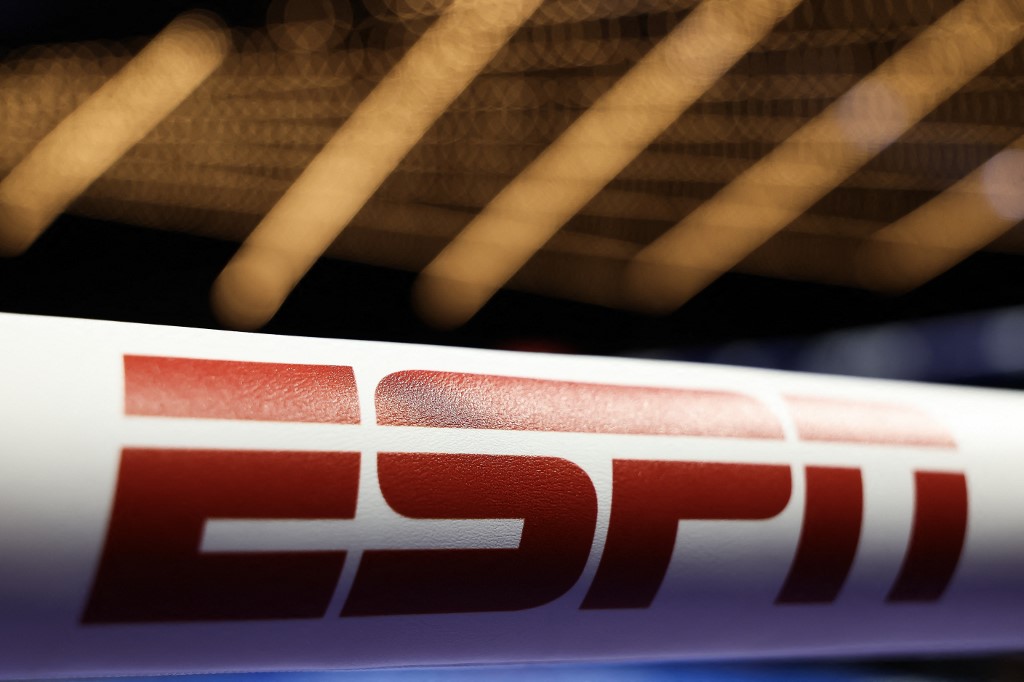There are approximately 18 months left on Penn Entertainment’s deal with Disney-owned ESPN Bet until it can opt out. The mobile sports betting platform has not gained the traction in the market as expected, which leaves analysts wondering whether Penn will stick to the remainder of the agreement or decide to terminate the pact.
Shift in Position
Penn Entertainment had been known for its land-based casino offerings but pivoted rapidly into the mobile sports betting market at a costly price. Penn CEO Jay Snowden spent $650 million to buy the Barstool Sports media empire in order to create the Barstool Sportsbook.
The conventional wisdom was that Penn would cultivate the legion of Barstool Sports readers into sports betting customers. The demographic was younger readers who would be easily transferred to Barstool Sportsbook customers, giving the company a fast foothold in the mobile sports market.
The ink on the deal was barely dry when ESPN made it known its call letters were up for sale, giving anyone who wanted to strike a deal a much wider and more vast audience. Snowden offered $2 billion over 10 years to license the letters ESPN with the promise that it would gain access to ESPN’s media platform and advertising.
However, the caveat was that he had to divest himself of anything to do with the bro-cultured Barstool Sports media empire and subsequently dissolve Barstool Sportsbook.
Disney-owned ESPN did not want to be affiliated in any way with Barstool, and Snowden agreed. The CEO agreed to sell Barstool back to the founder, Dave “El Presidente” Portnoy, for $1 and the agreement that Penn would receive 50% of the revenue should Portnoy sell.
Fast forward from August 2023, when the deal was finalized, to November 14, 2023, when ESPN Bet was launched in the 17 states where Penn Entertainment was licensed to offer online betting. But now we find there was indeed more sizzle than steak.
Trying Times
In August 2021, Penn stock shares were trading at $128 per share, but Penn has now plummeted to $17.60 per share as of this writing. Naturally, investors became restless, and a public cry to change the trajectory of the company was led by a financial management firm and major investor, HG Vora.
ESPN Bet has only about 3% of the market, dominated by industry leaders FanDuel and DraftKings, which control roughly 73% of the U.S. mobile sports betting market between them. HG Vora has been successful in getting two of its three nominees named to Penn’s board of directors, with Penn not allowing a third. That will be tested in court next month.
“Since the beginning of 2020, Penn has invested heavily in online sports betting, committing more than $4.3 billion of shareholder capital—nearly double Penn’s entire equity market value today—to several value-destructive acquisitions and partnerships,” says HG Vora Capital Management’s website.
Stifel analyst Jeffrey Stantial noted that Penn’s first-quarter earnings call focused on its land-based properties and casinos, which could indicate “potential shifts in strategy.” Penn’s second-quarter earnings call on August 7th may give more information as to whether the company is staying the course or pivoting away from the mobile sports betting market in the United States.













